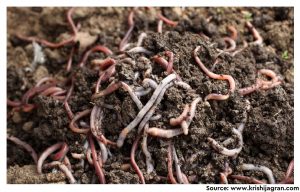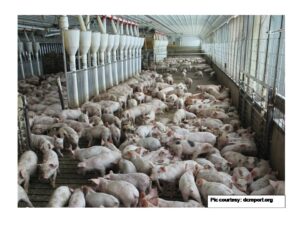Pseudomonas aeruginosa is the prevalent and opportunistic pathogen which causes infections that are difficult to treat. Along with the intrinsic antibiotic resistance property of P. aeruginosa, it is also know to grow and from cell aggregates or biofilm in the extracellular matrix. Biofilm helps the bacteria to survive in harsh conditions and protect it against antibiotic treatment and immune response of the host. The bacterial biofilm barrier against antibiotics allow S. aeruginosa to be present in different metabolic states in biofilm population.
During cystic fibrosis, the biofilm is formed by S. aeruginosa in the airway which is mutant deficient in flagella motility. Hence, the study aimed to investigate the effect of flagellum deletion on the antibiotic tolerance and structure of S. aeruginosa biofilm development. Improved understanding of biofilm structure contribution to bacterial survival will help in formulating improved strategies in antibiotic treatment and biofilm control.
The finding of the study indicated that the flagellar protein deficiency in cystic fibrosis infection and biofilms represents an evolutionary and phenotypic adaptation which leads of structural changes in P. aeruginosa biofilm leading to enhanced antibiotic resistance.
To know more, please visit the website of Nature (Link).







